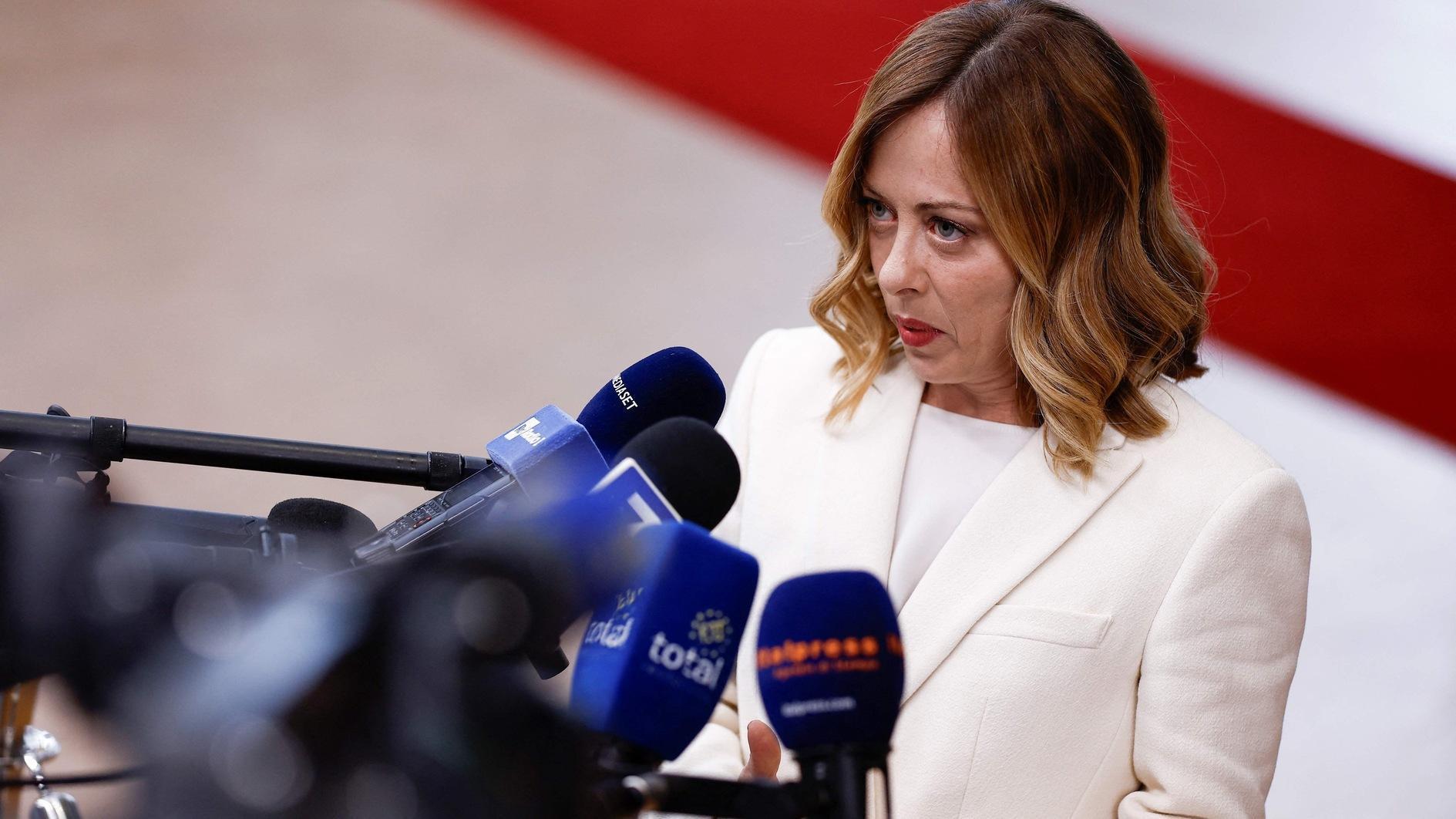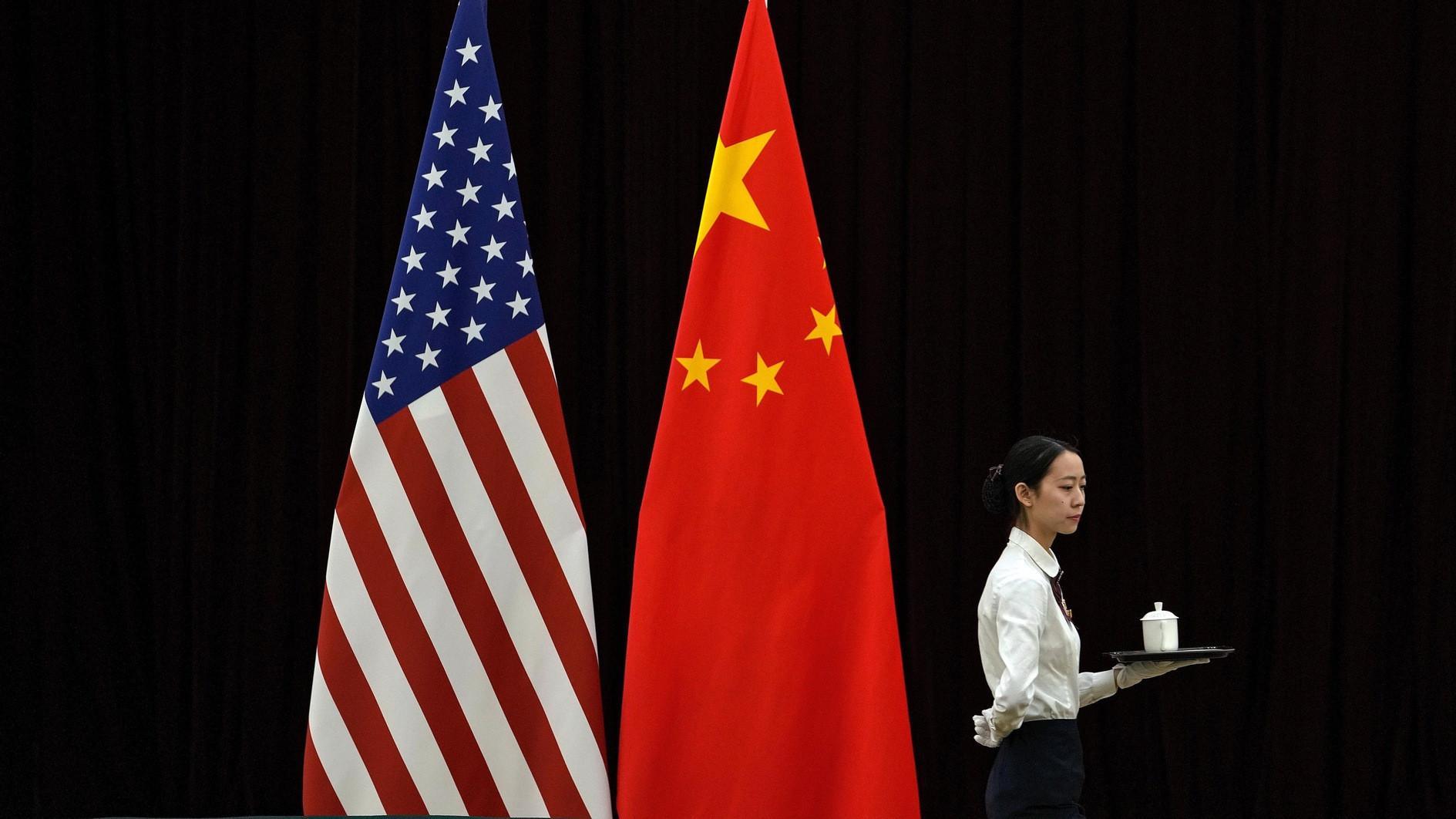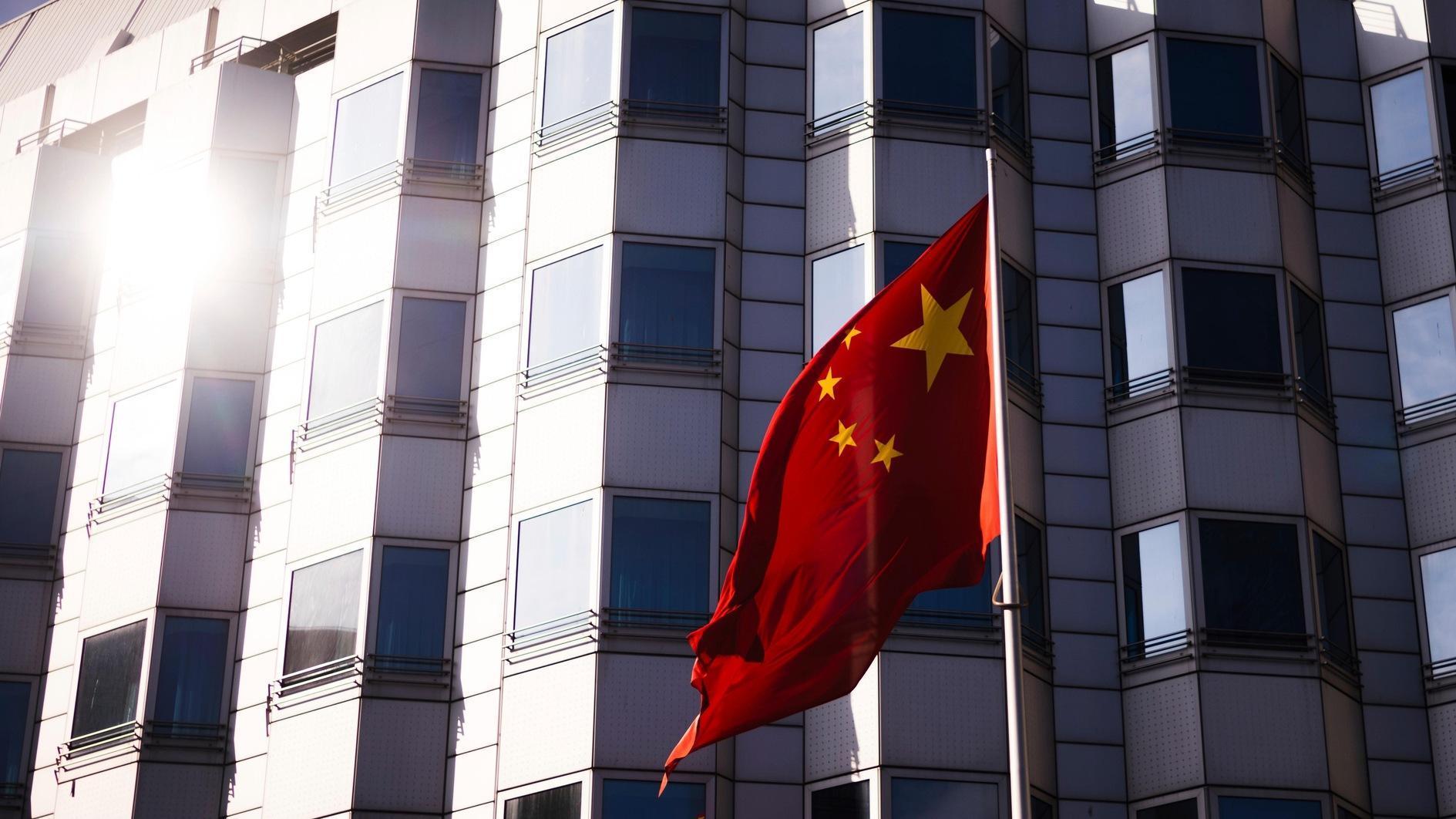Brazil's Rousseff postpones US state visit
BRASLIA - Agence France-Presse

Brazil?s President Dilma Rousseff. AP Photo
Brazilian President Dilma Rousseff postponed a state visit to Washington on Tuesday in protest over allegations of US cyberspying on her country.Rousseff announced the decision after discussing the espionage row with US President Barack Obama Monday in a telephone call.
"The two presidents decided to postpone the state visit since the outcome of this visit should not be conditioned on an issue which for Brazil has not been satisfactorily resolved," Rousseff's office said.
The visit had been scheduled for October 23 but no new date was immediately announced.
The statement reflected Brasilia's anger over disclosures that the US National Security Agency (NSA) spied on her email communications and on the state-run energy giant Petrobras.
"The illegal interceptions of communications and data of citizens, companies and members of the Brazilian government represents a serious act which violates national sovereignty and is incompatible with democratic coexistence between friendly countries," it noted.
Brasilia had slammed the alleged spying as "unacceptable." In Washington, White House spokesman Jay Carney, said: "I think it's because the relationship is so important and because it has so many facets that the president agrees with this decision they made together to postpone the visit." "They both look forward to that visit which will celebrate our broad relationship and the president believes and their president believes as I understand it should not be overshadowed by a bilateral issue no matter how important or challenging the issue may be," he added.
Carney said Obama understood the Brazilian leader's concerns and "looks forward to welcoming President Rousseff to Washington at a date to be mutually agreed." He called Obama's invitation to Rousseff a "reflection of the importance he places on this growing global partnership and the close bonds between the American and Brazilian people." "Other important cooperation mechanisms, including the presidential dialogues on political, economic, energy, and defense cooperation, will continue," he said.
Brazil had demanded an investigation, explanations and a US commitment to stop such spying.
The Brazilian government expressed confidence that once the spying issue is satisfactorily resolved," the state visit will take place as soon as possible." In July, the daily Globo, citing documents provided by fugitive US intelligence leaker Edward Snowden, reported that Washington eavesdropped on Brazilians' phone calls and Internet communications.
The report said Washington maintained an intelligence base in Brasilia, part of a network of 16 such stations operated by the NSA around the world to intercept foreign satellite transmissions.
Brazilian Communication Paulo Bernardo then dismissed claims by US officials that the NSA was only collecting metadata -- logs of phone numbers called and the duration of such calls -- and not listening in on calls.
Washington's biggest electronic spy agency, he said, is conducting a "much deeper surveillance." Snowden, a former NSA contractor, is now a fugitive in Russia, living under temporary asylum after fleeing US justice.
He is wanted by Washington on espionage charges linked to media disclosures about US surveillance programs.
Rousseff is meanwhile to address the UN General Assembly session in New York later this month and her aides said she will raise the US spying issue.
















